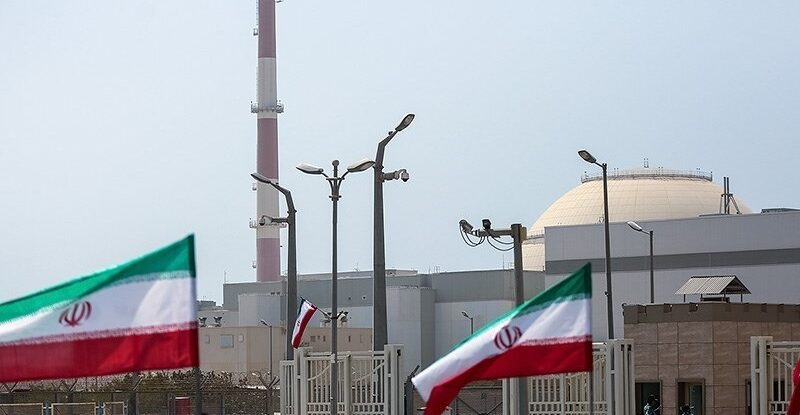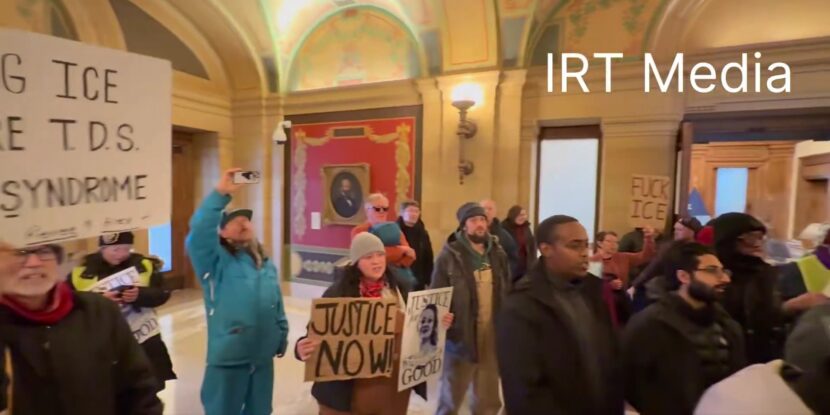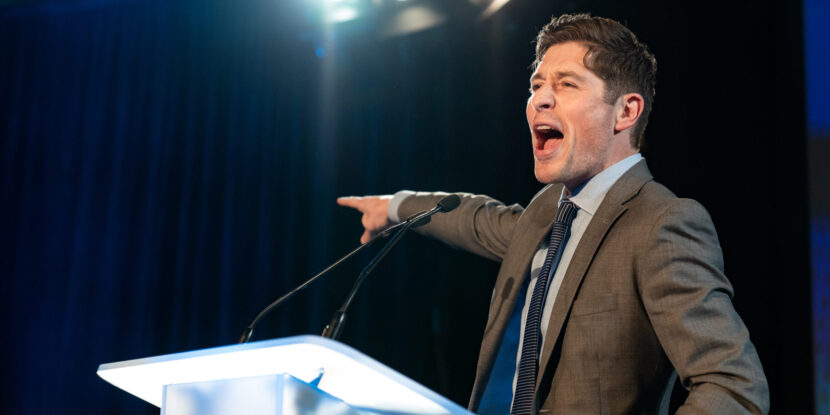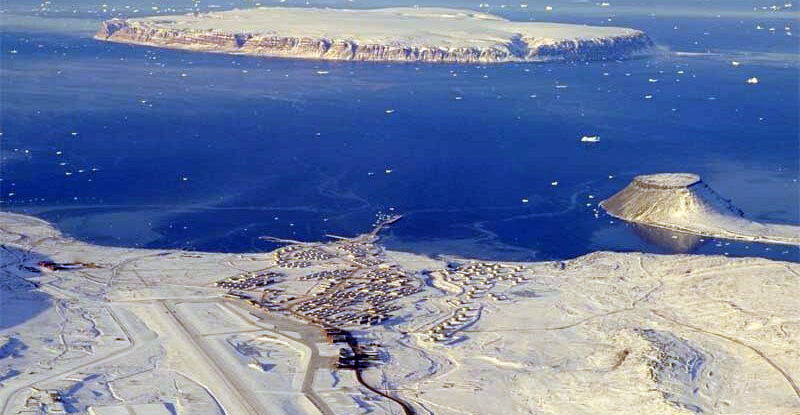Iran is set to initiate a series of “new and advanced” centrifuges despite a United Nations (UN) nuclear watchdog resolution censuring Tehran, officials announced Friday. The UN motion, presented by Western nations including Britain, France, Germany, and the United States, was passed by the board of the International Atomic Energy Agency (IAEA) with 19 votes in favor, 12 abstained, and three nations—China, Russia, and Burkina Faso—opposed.
In response, the Atomic Energy Organization of Iran, along with the foreign ministry, released a statement detailing plans to “substantially increase” uranium enrichment capacity. This entails deploying various types of advanced centrifuges.
Behrouz Kamalvandi, spokesman for Iran’s atomic energy organization, confirmed on state television that the new measures focus on expanding uranium enrichment capabilities. He indicated that these measures could be reversed if Western nations retract their actions, which Tehran views as hostile.
The IAEA’s confidential resolution urges Iran to fulfill its obligations under the Non-Proliferation Treaty (NPT) and provide credible explanations regarding uranium particles found in undeclared sites. Western powers have demanded a comprehensive report on Iran’s nuclear activities by the spring of 2025.
INCREASED TENSIONS.
Rafael Grossi, the IAEA’s director general, recently visited Tehran and secured an agreement for Iran to cap its stockpile of highly enriched uranium at 60 percent purity. Meanwhile, political tensions persist over Iran’s nuclear ambitions. Some analysts warn of potential escalations, with Iran suggesting it could exit the NPT if pressured, potentially triggering the reimposition of sanctions under the nuclear deal’s “snapback” clause.
After withdrawing from the Iran Nuclear Deal in 2018, the United States—under President Donald J. Trump—enacted a ‘maximum pressure’ sanctions regime against the Islamic Republic. This had the effect of crippling the Iranian economy and their ability to export oil, limiting both their nuclear research and funding of terrorist proxies across the Middle East. Subsequently, the sanctions were reversed by the Biden White House.




















